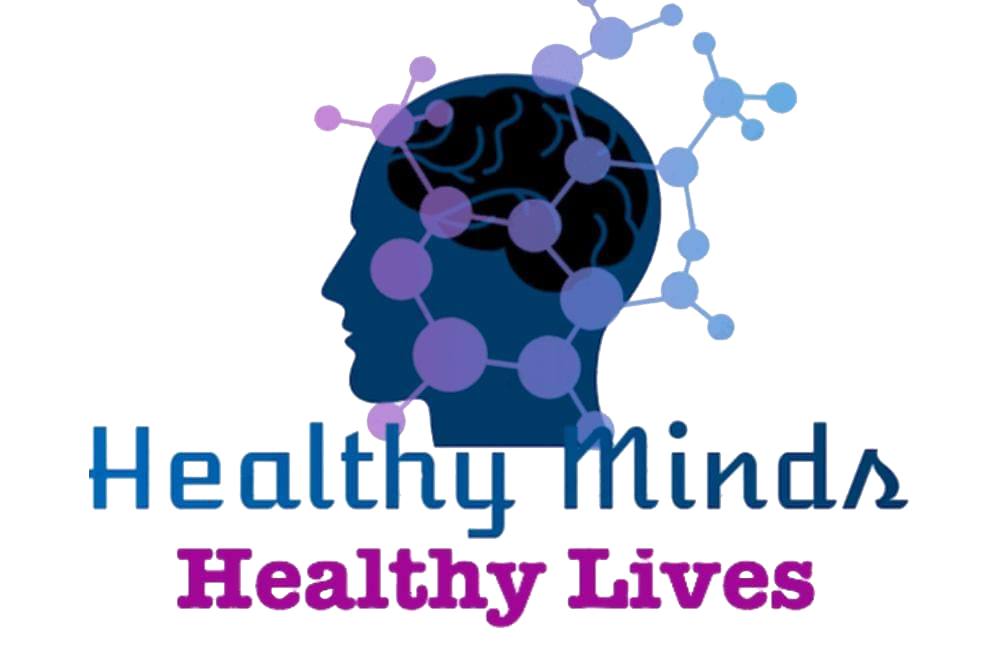Panic disorder is a common mental health condition that affects millions of people around the world. It is an anxiety disorder characterized by unexpected and intense panic attacks. Panic attacks are sudden and overwhelming episodes of fear and anxiety lasting from a few minutes to several hours. These episodes can be very distressing and interfere with a person’s daily life.
The symptoms of panic attacks can vary from person to person but typically include a rapid heartbeat, shortness of breath, sweating, trembling, and a feeling of impending doom or loss of control. Some people may also experience chest pain, dizziness, nausea, and tingling sensations in their hands and feet. Panic attacks can occur at any time, even during sleep. They can be triggered by specific situations, such as being in a crowded place or speaking in public.
The causes of panic disorder are not fully understood. Still, it is believed to be a combination of genetic, environmental, and psychological factors. People who have a family history of anxiety disorders, have experienced trauma or stressful life events, or have a history of substance abuse are more likely to develop panic disorder. Additionally, people with certain personality traits, such as being highly anxious or sensitive, may be more prone to developing panic attacks.
Suppose you or someone you know is experiencing panic attacks. In that case, it is essential to seek help from a mental health professional. Treatment for panic disorder typically involves a combination of medication and therapy. Anti-anxiety medications, such as benzodiazepines and antidepressants, can help reduce panic attack symptoms. Psychotherapy, such as cognitive-behavioral therapy (CBT), can help to identify and change negative thought patterns and behaviors that contribute to panic attacks.
Several self-help strategies can help manage and reduce panic disorder symptoms. These include practising relaxation techniques, such as deep breathing and progressive muscle relaxation, avoiding stimulants, such as caffeine and nicotine, getting regular exercise, and maintaining a healthy lifestyle. It is also essential to educate oneself and loved ones about panic disorder, as understanding and support can make a significant difference in recovery.
In conclusion, panic disorder is a common and treatable mental health condition that can significantly impact a person’s life. If you or someone you know is experiencing panic attacks, do not hesitate to seek professional help. With the proper treatment and support, it is possible to manage the symptoms of panic disorder and improve one’s overall quality of life.





